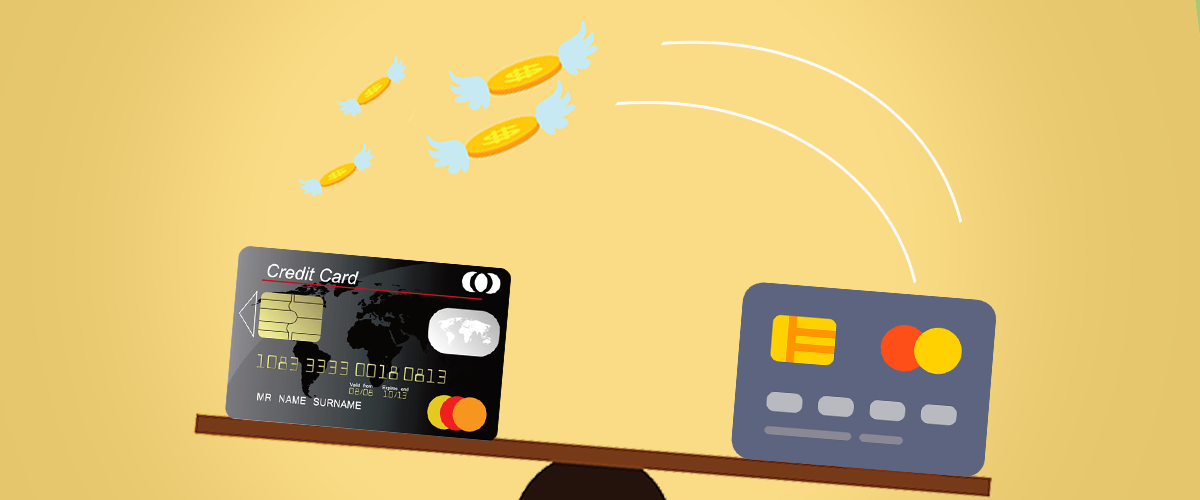Blogs > The Pros and Cons of Credit Card Balance Transfer
The Pros and Cons of Credit Card Balance Transfer

If you have collected credit card dues, balance transfer is the word for you.
But first-
What does Credit Card Balance Transfer mean?
Balance transfer is basically transferring your debt from one lender to another. This can help you save on interest costs, and give you more time to pay your dues. Going for a balance transfer is a very good idea, especially if you are struggling to meet all your bill payments in time.
However, like everything else, there are both good and bad points to credit card balance transfer.
Here are the big pros you should know about balance transfer.
- The interest rate on credit card dues is high. Usually, the interest rate on credit cards averages over 15% per annum. But if you are smart about your choices and apply for a low-interest credit card for balance transfer, you can save massively on interest costs.
- Transferring your dues to a low-interest card, can help you pay off your debt more comfortably. Since you are no longer stressed out about the high interest rate, you will be more relaxed, and you can get more time to pay the dues.
- If you have dues on multiple credit cards, and you choose a balance transfer, it can help you streamline your finances. You no longer have to be worried about making different payments on different dates of the month. You will just have to deal with one payment, once a month.
- If you go for a credit card balance transfer, you can get a card that suits your lifestyle needs. This way, you can not only transfer your dues, but you can also maximize your savings with the rewards and enjoy the additional perks of a good credit card.
Here are some cons that you might want to give a second thought to:
- Not everyone can qualify for a credit card balance transfer. So, if you have been missing your EMI payments and you have been negligent with your credit so far, you might face a problem. To qualify for a balance transfer, you need a good credit score. You can check your free credit report online to find out your score.
- A balance transfer is only a temporary solution. Your dues still need to be paid by you, and even if your card is low interest, you are still paying some interest cost. So, a balance transfer can help you for some time but it is not a permanent solution to your dues.
- Getting a balance transfer is not without charges. Most institutions will charge you some minimal fee for a balance transfer. The fee will be based on the amount you transfer, and how long your dues have been outstanding.
If you’ve collected a debt on a high-interest credit card, a credit card balance transfer is the best solution for you. It can help save interest costs, and simplify your monthly installments. However, when you choose to go for a balance transfer, make sure you apply for the best credit card for balance transfer.
